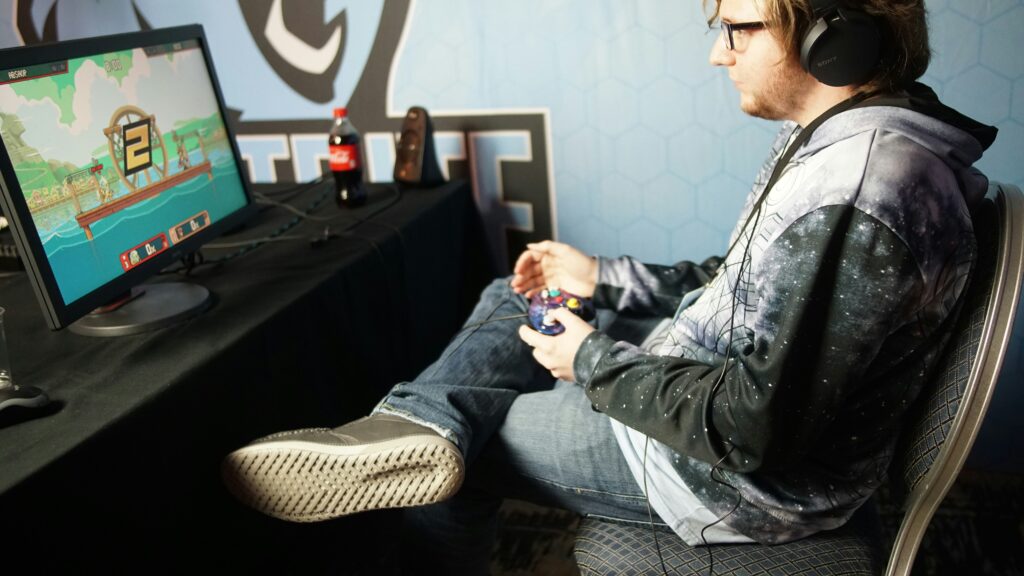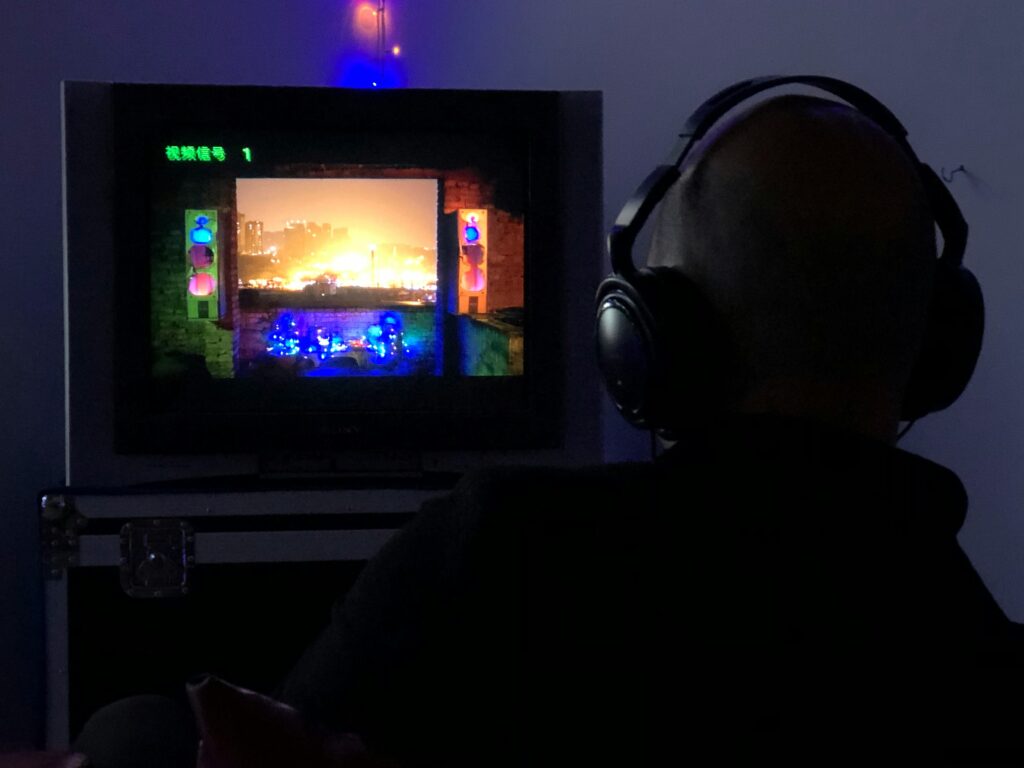A guy from my Dota squad—Rishi—once told me he dreamed of making a MOBA with cats. We all laughed at first. But three months later, he sent us a working beta with cat-shaped minions and fireball-casting furballs. It wasn’t AAA quality, but it was creative, funny, and somehow more fun than half the stuff on the app store.
That was the first time I realized game-making wasn’t just for big-name studios or full-time coders. If you’ve got the patience, the drive, and a love for games, you can create something. And yes, even earn from it. Guess what? You don’t need any special talent or years of experience to start making your own games.
Let’s break it down—step-by-step—and get you from gamer to game developer without quitting your day job.

Introduction to the Indie Game Industry
The indie game industry is booming, and it’s never been a better time to jump in as a game developer. Over the past decade, game developers from all backgrounds have been creating engaging games that capture the imagination of millions.
Whether you’re aiming to make a quirky puzzle for Android, a story-driven adventure for iOS, or a unique experience for Steam, there’s a great place for every kind of creation.
What makes the indie scene so exciting is the freedom to experiment. With the right software and tools, you can create games packed with features—think special effects, music, and sound effects that make every moment fun and memorable for players.
Platforms like Steam, iOS, and Android give you access to a massive audience, so your game can reach players all over the world. The industry thrives on creativity and innovation, and even a small team (or a solo developer) can make a big impact. If you’re passionate about creating, the indie game industry is your playground.
Identifying Your Role and Strengths
Before you dive into game development, take a moment to figure out where you shine. Are you a whiz at programming, or do you have an eye for graphics and art? Maybe you love crafting music and sound effects that bring a world to life. Identifying your strengths as a game developer helps you focus your energy and make a game that stands out.
Game development is a process that combines creativity and technical skill. If you’re new, start with tutorials to build your foundation—there are tons of free resources out there to help you learn programming, design, and more.
Use the tools that match your abilities, and don’t be afraid to experiment. The key is to play to your strengths, whether that’s coding, art, or audio, and develop a workflow that keeps you motivated.
When you make a game that reflects your unique skills and interests, you’re more likely to create something people want to play. And when you’re ready, launch your creation and see how players respond. Every project is a chance to grow as a developer and get one step closer to making great games.
Start Small—Make Your First Game (Not Your Dream Game)
One thing I’ve noticed? Everyone wants to make the next Elden Ring. And they want to do it solo.
Don’t. Please don’t.
Your first game should be small. A simple puzzle. A clicker. A tap-to-jump platformer. Something that teaches you the basics of game logic, controls, and the pain of debugging. Even as a beginner, you can create a game entirely from scratch, without any prior coding or design experience.
Take platforms like Android, web, or iOS—they’re accessible, free to publish on (mostly), and the audience is huge. When you keep it simple, you get it done faster. And “done” beats “perfect but blocked on level 2” every single time.

Tools of the Trade—Pick the Right Engine for Your Skill Level
Let’s talk about the engine—the software that powers your game. There are many game engines available, each with unique features and strengths. If you’re new, go with something forgiving.
Godot is a great place to start. This open-source beast of an engine is lightweight and intuitive. Unity is powerful and beginner-friendly. Tons of tutorials, too. Develop or Construct are drag-and-drop platforms that take a no-code approach, unlike traditional engines that require you to write code. You can build a game without writing a single line of code.
One of my colleagues, Priya, started building games during her night shifts using GDevelop. Within a month, she launched a mobile rhythm app with just her laptop and Wi-Fi.
The engine you choose depends on your comfort level, but all of them can help you make a game that runs on multiple platforms.
Learn by Doing—Forget Passive Tutorials
Tutorials are helpful—until they become a trap. I once saw a Reddit post titled: “I’ve done 47 Unity tutorials and still haven’t made a game.” Relatable? Totally.
The fix: start creating as soon as you can.
Even better? Join a game jam. These 48-or-72-hour events force you to build and launch a game on a tight deadline. It’s a great way to learn fast, meet other devs, and get real feedback. You also get the chance to test your game or new features in a real-world setting, which is invaluable for improving your project.
I joined one on itch.io last year—not as a dev, but as a tester—and saw some of the most unique games ever. No polish, just pure creativity and grit.
Graphics, Music, and Sound Effects—Polish Comes Later
Your game doesn’t need AAA graphics. It needs clarity. Good flow. And the right mood.
Use free asset stores, grab some placeholder art, and focus on gameplay first. When it comes to sound effects and music, sites like freesound.org and OpenGameArt are goldmines.
A developer I met through Discord built a whole horror game using retro sound effects from an 8-bit library. Was it creepy? Totally. Was it fancy? Not at all. But it worked.
Don’t let lack of design skills stop you. Special effects, animations, and slick visuals come after you’ve nailed the players’ experience.
Bring It to the World—Publishing and Getting Feedback
Once your game is working, launch it. Don’t wait for it to be “perfect.” That’s the fastest way to stay stuck. Before publishing, review your game to ensure it is game-ready and fully prepared for release.
Steam, itch.io, Play Store, and web portals are all solid platform options to start. Just get it out there. Ask users for feedback, even if it stings.
My friend Abhay launched a card game on Android with a barebones UI. Reviews came in fast, mostly roasting his screen layout. But he updated the design, balanced the levels, and within a month, downloads tripled.
You don’t need a launch party. Just a working file and the courage to click “publish.” The more platforms you use, the more people play your game. After publishing, focus on the rest—ongoing support, updates, and engaging your players.
Make It Pay—Different Ways to Monetize Your Game
Now for the part that turns your hustle into money.
You can monetize in several ways:
- Ads in your mobile game
- In-app purchases
- Premium pricing (charge once, play forever)
- Offer source files or art packs
- Throw some budget into paid ads or promotion to reach a wider audience
You can also offer support services or technical support as an additional way to monetize or add value for your users.
A guy I follow on X made a silly typing game that helps users learn programming syntax. He dropped it on the web and offered a $2 paid version on itch.io. Over 3,000 people played it in the first month. He didn’t make millions, but he made more than expected.
Start small. Add one revenue stream. Then grow. Choosing the right monetization strategy can lead to higher profits and sustainable growth.
Consistency Over Perfection—Launch, Learn, Repeat
You don’t need one masterpiece. You need momentum.
Each project teaches you something new. How to fix bugs. How to simplify UI. How to respond to users and make your game better. With consistent effort, you will eventually see results and recognition for your work.
You also learn to recognize your own limits, which helps you improve as a developer and collaborate better with your team. Along the way, you pick up useful tricks and techniques that make your next project even better.
So build. Launch. Learn. Repeat. That’s how you grow—not just as a developer, but as a creator.
Final Thoughts – Make Your Game, Your Way
You love games. You’ve got ideas. You’ve got access to tools, tutorials, and a community.
Now, you’ve got a roadmap too.
So stop dreaming and start doing. Pick an engine. Launch your first game. Share it. Learn from it. Make your creations stand out by focusing on what makes your game unique. Interact with the community to get feedback and support. Spread the word about your game to reach more players. And maybe, just maybe, make a little money along the way.
Because the only thing between you and your game is pressing start.
Last Updated on July 3, 2025 by Saket





